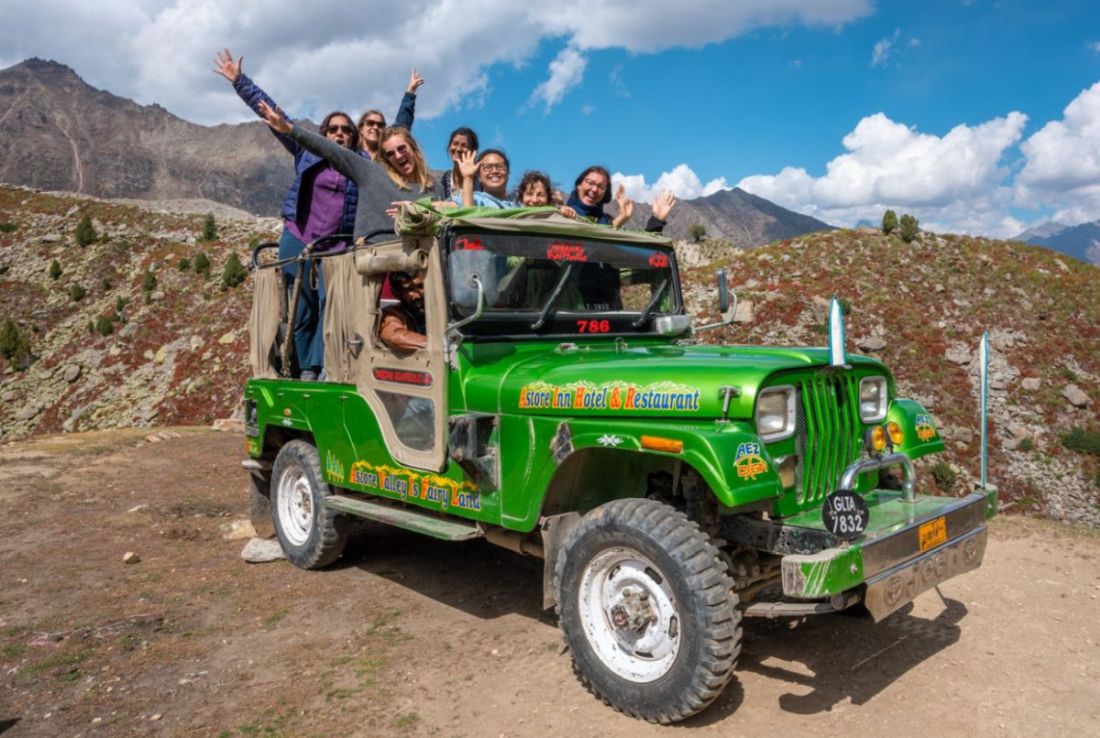

99TravelSafe.com
The Website For The Smart and Savvy Traveler
Travel Safety Tips for Women!
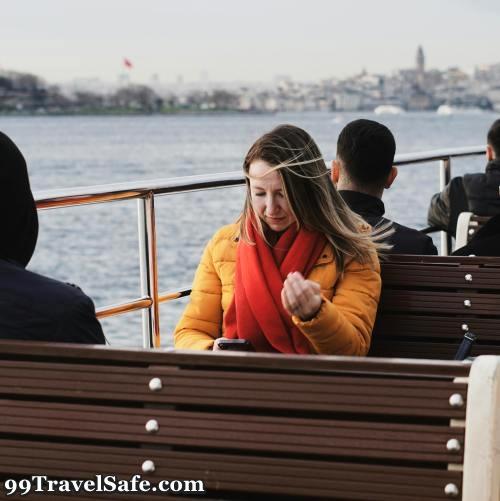

Related Pages - Please Also See;
48 – Travel Safety On A Cruise Ship
33 – In Case of Theft and Loss During Travel
34 – Ensuring Money or Cash Safety During Travel
35 – Ensuring Credit Card Safety During Travel
14 - Precautions While Walking On The Streets During Travel
Safety Tips for Business Travelers
Travel Safety for Senior Citizens
If You Are Hospitalized During Travel
Safety Tips for Using Uber or Other Ride-Sharing Services
8 - Hotel Room Safety During Travel
7 - Safety of Traveling Children
75 – Safety of Children Traveling in Winter
Travel Safety Tips for Women!
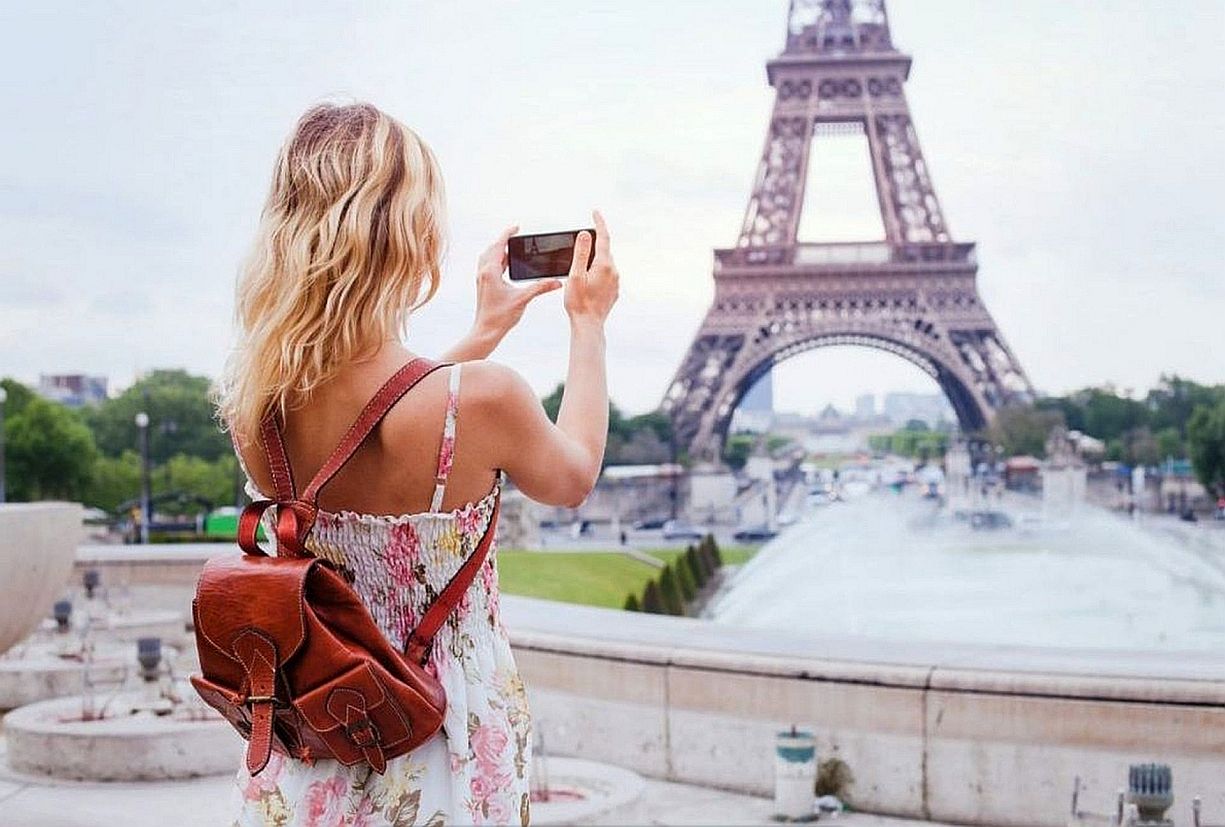

Research Your Destination
While looking out for the most beautiful beaches and coolest cities, take some time to look up safety information for where you are heading.
What are the best neighborhoods and the ones you should avoid? Are there only certain kinds of taxis you should take? Is there a medical center in the city?
How does your lodging rate for safety? What are former guests saying about their experiences? Are there any patterns emerging in the reviews you should be concerned about?
What is public transportation like in your destination? Do you need to rent a car? Is it possible to travel safely at night?
Visit a travel clinic beforehand and talk to a doctor or nurse where you’re going. Do you need any vaccinations or prescriptions? Are there local health issues for which you should prepare?
When it comes to activities, especially adventure sports, what are the risks? If you injure yourself, will you be covered by your travel insurance?
Some people land on a destination with no preparation at all, just learning as they go. This is a good way to endanger themselves!
You need to do your research in advance, well before your trip begins.
Keep Your Valuables With You While in Transit
You shouldn’t bring valuables in the first place! You shouldn’t bring anything you would be sad to lose: family heirlooms, expensive jewelry, your birth certificate, etc.
You should have a day bag into which you can fit all of your important items: your passport, your camera, your medication, your jewelry, your credit cards, your smartphone, and any other technology, photography or otherwise valuable equipment. Spend good money on this!
Never put these items into your general backpack. Never put these items into the luggage hold on a bus. Never put any of those items into your checked luggage on a plane. If you let them out of your sight, there’s a fair chance that they could be taken away from you forever.
Take What You Need and Leave the Rest Behind
There’s no need to go out for a walk in the city with all of your credit cards, your passport, and the equivalent of $500 in cash. Take what you need for the day: maybe around $50, at most, and a backup debit card and keep the rest locked up in your accommodation.
Almost every reputable hostel has lockers available for guests. Use them if they have them. In guesthouses, hotel rooms, or other places that don’t have a locker or safe for you, use a portable safe instead: a slashproof bag you fill with your valuables.
While it doesn’t eliminate the risk 100% (if a professional criminal is determined to rob you, he will rob you), most criminals are opportunistic. If you remove the opportunity, they’ll go after someone else who left his or her valuables out in the open, much more easily accessible to them.
Don’t Trust Everyone Too Quickly!
Some con artists have mastered the art of befriending travelers, getting them to leave their valuables unattended, and robbing them before taking off.
When it comes to romance, you might want to crank up the speed when you meet someone outrageously sexy, but that’s not always the best idea. Be sure to protect yourself as much as possible!
Sometimes, we want to be part of a group so badly that we start trusting people before we should. Instead, err on the side of caution. If you’re just getting to know someone, don’t trust him or her to guard your expensive electronics while you’re in the bathroom.
It’s not rude to be cautious. Take things slowly, and if someone earns your trust, that’s when you depend on them.
Control Your Drinking
This is a travel safety tip that doesn’t get said often enough. It’s applicable whether you’re at home or on the road. When you drink alcohol, you dull your senses and slow your reaction time, which in turn makes you vulnerable to others.
That doesn’t mean that you should avoid drinking altogether. Instead, drink slowly. Pace yourself. Eat beforehand or during. Have a glass of water in between each drink (your body will thank you in the morning). Be cognizant of what you are actually drinking, and always take drinks directly from the bartender. Constantly ask yourself, “Do I want to be less in control than I am right now?” and stop if the answer is no.
Most importantly, resist the pressure, gentle or otherwise, to keep up with others who might be able to drink more than you, especially in countries where it’s common to “shout” drinks for a group, like Britain and Ireland. If people are taking turns buying rounds for the whole table, say up front that you don’t plan on drinking as much as everyone else and they’ll understand.
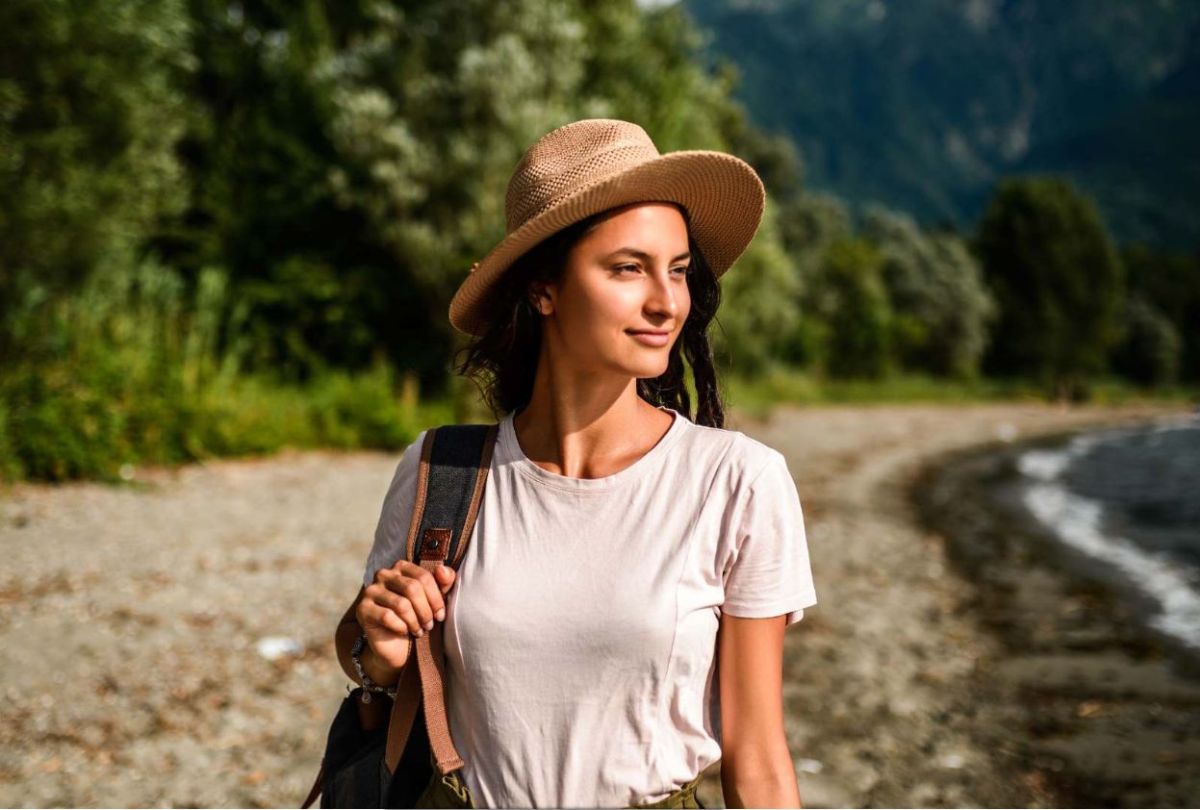

Travel Safety Tips for Women!
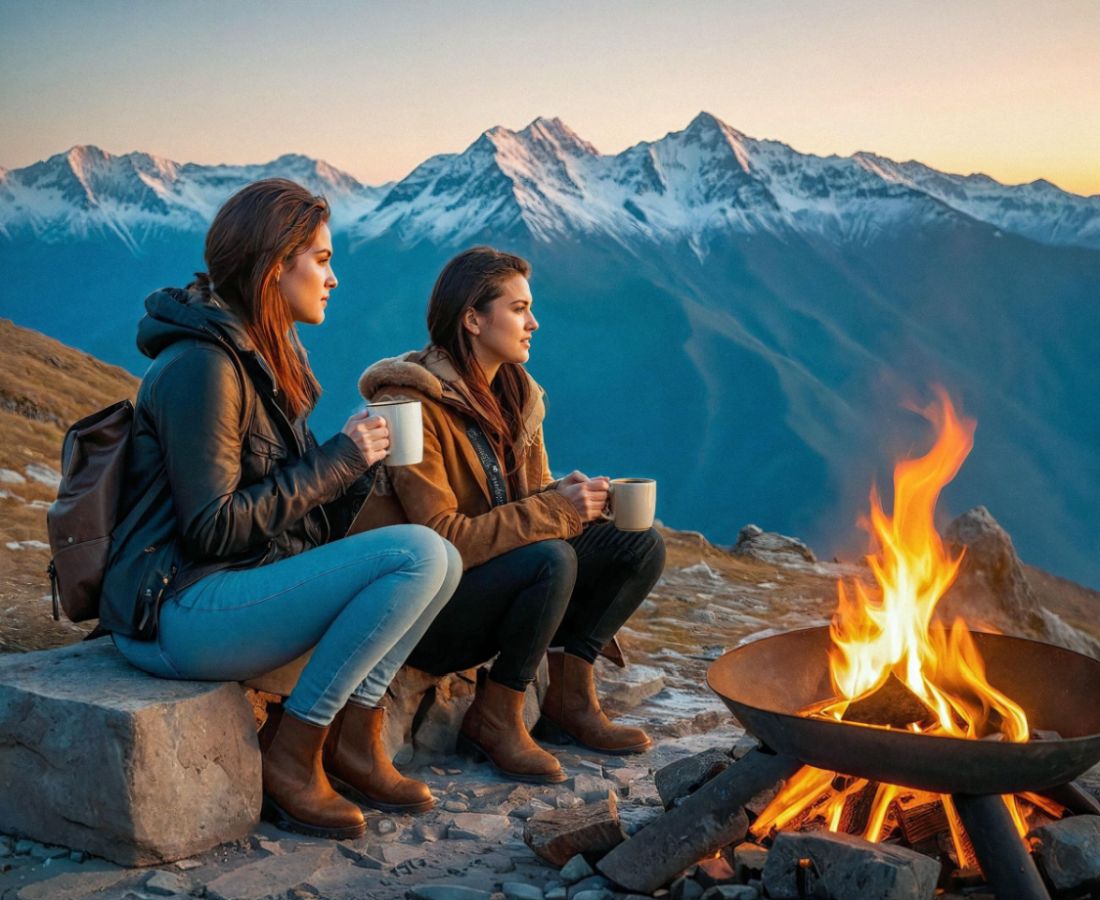

Blend in as Much as You Can
The more you stand out, the more you brand yourself as someone who is unfamiliar with the location, which makes you more vulnerable to criminal attention.
Instead, research your destination in advance, observe how people dress, and try to pass as a local – or, if that’s impossible (like if you’re in Thailand or Mexico and look neither Thai nor Mexican), try to pass as a longtime resident.
That means eschewing the backpacker trail uniform of drop-crotch hippie pants and souvenir beer t-shirts in favor of casual but neat and tidy clothing. That means covering your arms, legs, and cleavage in Muslim countries, wearing loose clothing in India, and wearing long pants in Europe and Latin America.
In tandem with blending in, it’s important to maintain confidence at all times, and even if you’re not confident, at least maintain the appearance of confidence.
When you’re walking down the street, hold your head up and your shoulders back. Look straight ahead and walk with a purpose. Pretend that you have somewhere important to be, and if you fall prey to street harassment, ignore it and keep moving.
If you become lost and you need to find your way, slip into a shop or café to consult your map privately before continuing on.
Spend Extra Money on Staying Safe
If you’re traveling long-term on a shoestring budget, it can be hard to justify spending extra cash when it could go toward so many more fun activities. But it’s a smart idea to financially invest in your own safety.
What does this mean?
It means that if your flight is scheduled to land in a rough city late at night, you should spend more money on a hotel that will pick you up right from the airport instead of taking a bus into town and trying to navigate your way there on foot.
It means you should pay extra money to take a taxi home at night if you don’t feel comfortable walking through the neighborhood on your own.
It means paying more to stay in a central neighborhood with lots of lively activity instead of a cheaper, quiet residential area where you feel isolated.
It means you should choose the dive school with the stellar safety reputation and hundreds of positive TripAdvisor reviews instead of the rough-around-the-edges dive school that will do it for much cheaper.
Build an extra financial cushion into your trip and use it for situations like these: ones where you could travel safely if you spent a little more.
Prepare for the Worst with Documents and Secret Cash
In the event that the worst happens – your purse is stolen, your credit cards are suddenly maxed out, you get sick and need to go to the hospital – it’s good to have a backup plan.
For documents, keep front-and-back copies of your credit cards saved to cloud storage like Google Docs or Dropbox, as well as a copy of your passport. It’s a good idea to keep your bank and credit card phone numbers stored in a document as well.
In addition to the documents, keep a backup cash stash. Keep at least $200 in US dollars hidden in a secret spot deep inside your luggage, like inside a tampon applicator or hidden in a sock. In a separate spot, keep a backup credit card.
If your purse or day bag is stolen off your body and literally everything is taken away from you, this will provide you with a temporary financial cushion.
If you’re traveling somewhere with less-than-ideal ATM and internet access, you’ll want to be even more prepared. In a country where you can’t use credit cards or ATMs, you need to be even more prepared than usual in order to travel safely.
Get Travel Insurance
Do you really need travel insurance? Absolutely. It could save your life, and in this day and age, with so many online providers, there’s no reason not to get it.
Whether your luggage is lost, you end up in a political coup or natural disaster, or you need to go to the hospital while on the road, travel insurance will reimburse your expenses. If you are robbed, travel insurance will provide you with the security you need.
If the very worst happens and you end up losing your life, good travel insurance will allow your family to bring your body home without paying tens of thousands of dollars and getting wrapped up in mountains of red tape.
In short, if you can’t afford travel insurance, you shouldn’t be traveling in the first place.
Be sure to examine prospective travel insurance policies in depth, because they might not cover your personal situation. Many insurance plans won’t cover certain adventure sports or particular countries or regions. Most plans will only cover a fraction of the value of your electronics.
Check in Regularly
It’s a good idea for at least one designated friend or family member to have a copy of your itinerary in advance: your flight numbers, your accommodation, and a general schedule of where you’ll be on which dates, as well as information on your travel insurance, credit cards, and a bank account number.
Plan ahead of time how you’ll check in and how often, whether it’s through daily emails, texts, social media updates, or regular Skype chats. Whatever you choose to do, make sure you keep a consistent schedule.
Staying in touch is a way to assuage the fears of your loved ones, but if you find yourself in trouble, they would be able to locate you much more easily than if you had been vague about your whereabouts.
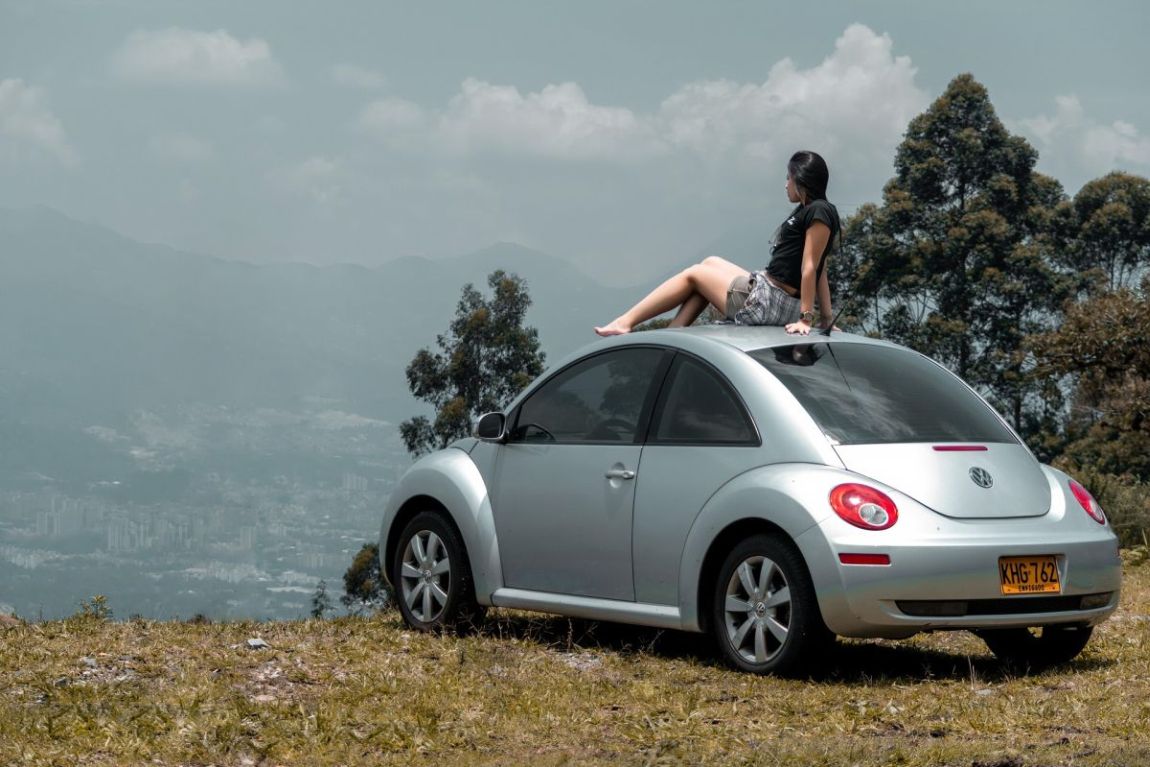

Travel Safety Tips for Women!


Final Checklist For Women Travelers
Research and Plan
Learn about your destination before your trip
Communication and Itinerary
Make sure someone close to you knows your travel details
Choose Safe Accommodations
Please See Hotel Room Safety During Travel
How To Rent a Vacation Home or Holiday Apartment
Stay Connected
Keep your phone charged and have emergency contacts
Be Mindful of Dressing
Respect local customs and norms
Secure Your Valuables
Please See - In Case of Theft and Loss During Travel
Ensuring Money or Cash Safety During Travel
Ensuring Credit Card Safety While You Travel
Limit Alcohol Consumption
Please See - Problems With Over Drinking Alcohol on Holidays
Follow Your Intuition and use Common Sense!
Get Travel Insurance!
Use Safety Apps
Consider downloading safety apps that can help you track your location, send alerts, or access emergency services
Transportion
Arrange airport transfers or use reputable, licensed taxis or ride-sharing services.
Be cautious on crowded public transport, especially at night, and consider sitting in areas with other passengers or near the driver
Accommodation
Choose secure accommodations and avoid sharing rooms or apartments with strangers
Walk with confidence, make eye contact, and be aware of your surroundings, especially at night
Valuables
Keep valuables secure and avoid displaying large amounts of cash or expensive jewelry
Situational Awareness
Pay attention to your surroundings, trust your instincts, and avoid walking alone at night in unfamiliar areas
Communication
Keep your phone charged and readily available, and consider using a GPS tracker or sharing your location with trusted contacts
Social Media
Be mindful of what you share on social media, and avoid posting your travel plans or location in advance
Connect with Locals
Engage with locals and ask for recommendations for safe areas and activities
Buddy Up
Consider traveling with a friend or joining a tour group, especially if you are traveling solo
Pack Smart
Include essential items like a first-aid kit, a small flashlight, and a whistle
Self-Defense
Consider taking a self-defense class or carrying a personal alarm or pepper spray (where permitted)
Choose clothing that is comfortable and appropriate for the local culture and climate
Trust Your Instincts
If something feels wrong, trust your instincts and remove yourself from the situation
